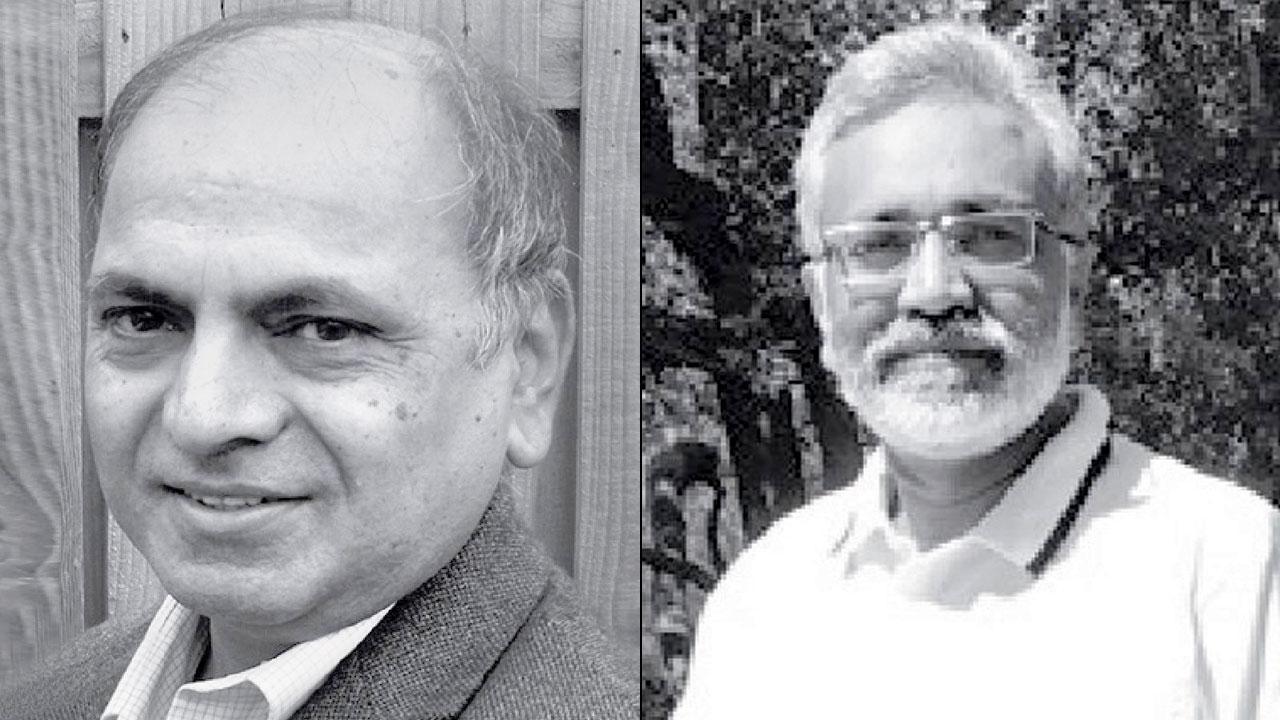A just-released tome, with contributions from some of the country’s leading scholars, delves into 12,000 years of South Asian history to create a portrait of one of the world’s largest democracies

GN Devy and Tony Joseph
The Internet today has a surplus of videos and stories that claim Indian history needs redressal, rewriting and revision. A staunch group of historians, pandering to agendas of higher powers, have already managed to inject and infuse newer narratives into our social and historical fabric to support their argument. But beyond the Right, Left, and Nehruvian-Communist driven histories is scientific rigour that has shaped histories since time immemorial.
ADVERTISEMENT
This is why the just-released The Indians: Histories of a Civilisation (Aleph Book Company; R1,299), edited by GN Devy, Tony Joseph, and Ravi Korisettar, is such an important book. This tome is not of ordinary ambition. It is vast in scale and depth, and draws essays from the finest historians, scholars and domain experts, who cover 12,000 years of the South Asian landscape, from the Ice Age to the 21st century, to tell India’s story.
Split into seven sections, it begins with the origin story, taking us through the early ‘Indian’ population, their migrations and climate, before introducing us to the different, ancient civilisations and their slow disappearance. A vital part of the book is the third section that offers a window into the languages and philosophies that defined ancient India—Buddhism, Jainism, Sanskrit, and Pali literature. The creation of the North, South, Northeast, the Deccan, East, and West India, the era of colonialism, and the resistance movements that defined the making of the independent republic also get a nuanced addressing in this 650-page book. The last part looks at contemporary India.
With contributions from Shrikant Bahulkar, Rahul Kosambi, Vinay Lal, Pradip Gokhale, Rochelle Pinto, Manjil Hazarika, Amir Ali, among, many others, this tome also assures representation, visibilising the silent forces that have been working through academia and even otherwise, towards holding on to the multitudes of histories that make us India.
But, it’s a book that seeks logic. As GN Devy says in his introduction, “The aim is to highlight that the space for several alternate narratives is not entirely erased and cannot be erased if the scholars dealing with the past continue to follow the ground rules of their disciplines, the rules guided by logic, causality, and veracity.”
Available at bookstores
 Subscribe today by clicking the link and stay updated with the latest news!" Click here!
Subscribe today by clicking the link and stay updated with the latest news!" Click here!







